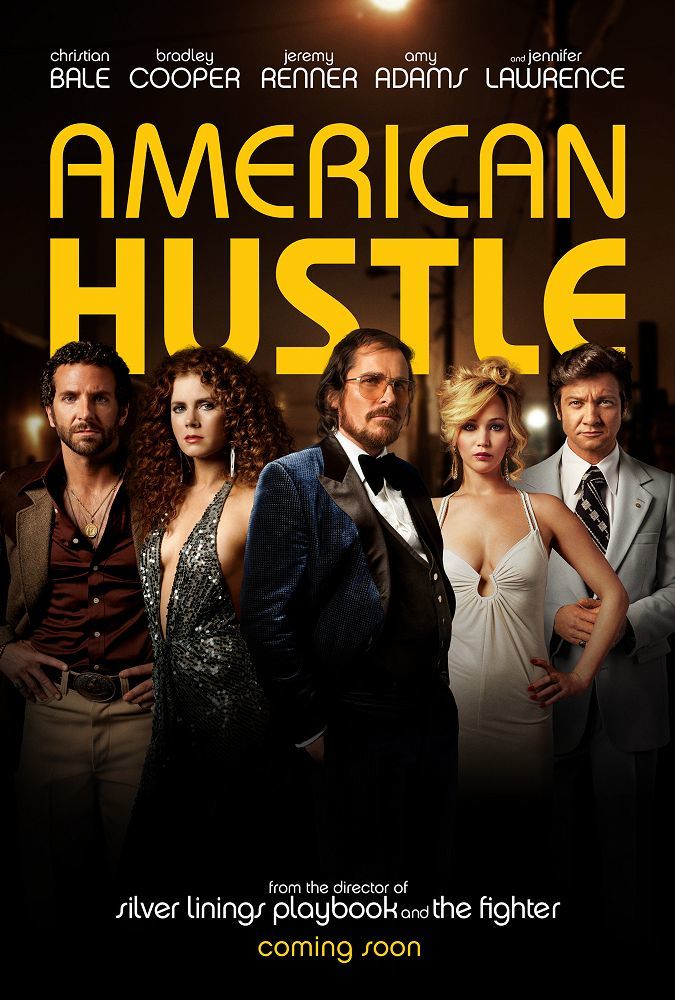As the anticlimactic buzz of awards season pulsates ever closer, we cast our critical eye on the past 12 months of cinema and reflect on what we loved and what we endured.
Film is purely product driven: if the material is good people will come; and 2013 was a banner year for commercial entertainment. Taste and commerce met in the middle and audiences were treated to films that occasionally scraped the heights of great art at the multiplexes. I pray this trend stays in vogue.
Here are some films that I loved this year.
American Hustle
David O. Russell’s films (The Fighter, Silver Linings Playbook) are largely characterized by featuring an ensemble of A-list people shouting over top of each other. Thankfully, this is kept mostly in check within this 21st century Goodfellas.
A sprawling (overlong) narrative traces the meteoric rise and nightmarish descent of an elite team of con artists throughout the late seventies and early eighties. A revelatory Amy Adams and the indestructible Jennifer Lawrence wipe the floor with the men in a litany of sensational period costumes.
But the real star here is the sublime soundtrack. Adams and Bradley Cooper at a disco, moving in closer and closer as the mesmerizing lights pull us in with them to the pounding beats of Donna Summer and Giorgio Moroder sends chills of absolute pleasure.
Seriously sexy stuff.
Spring Breakers
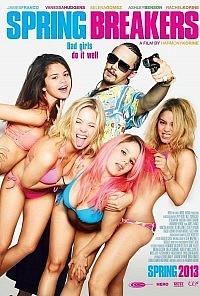
Korine’s films have long held a prism to the extreme margins of society and are in every sense “challenging”. When Spring Breakers and its bizarre casting were announced, those of us that were familiar with Korine’s unsettling and exploitive ouevre sat back and licked our lips in anticipation of the mainstream commercial anarchy it would spawn.
Most audiences furrowed their brows in a vain attempt to understand the situation (one teenage boy actually cried out “What the f@#$ is this?” during my screening). The rest of us sat back and marvelled as National Lampoon stereotypes and American youth culture were mercilessly inverted into a deeply subversive, neon-hued mantra of innocence lost that hits its audacious peak during a bonkers musical montage of Disney Princesses in bikinis and balaclavas dancing around the corn-rowed maypole that is an unrecognizable Britney Spears crooning James Franco.
One that you got or you didn’t.
Evil Dead
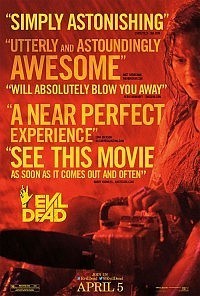
Horror had eaten its own tail and and succumbed to a level of grotesque self parody years ago with a relentless barrage of soulless remakes to unleash on a younger generation and dupe the faithful and curious.
But once in a blue moon comes a film whose unbridled and ferocious ambition paints the screen red with its predecessor. Evil Dead takes the flimsy bare bones of the cult favourite original and transports us to a sickly netherworld swamp where an obvious framing device like addiction can be just that, and presents a picture of the most uncompromising gore to come from a studio film possibly ever (my date was physically ill).
That Bruce Campbell’s iconic Ash is now a woman is merely the icing on the cake.
Savage and essential.
Abuse of Weakness
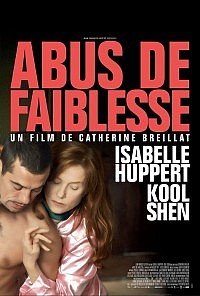
Her stunning Fat Girl was the last film to be utterly banned in Ontario. Her confrontational depictions and dissections of feminine sexuality continue to stir the often stagnant art house waters.
In 2004, Breillat suffered a debilitating stroke. During her painful recovery she met notorious con man Christophe Rocancourt and wanted to cast him in an upcoming film she was developing. After embezzling nearly one million francs from Breillat in her weakened mental state, Rocancourt was finally imprisoned based on the strength of Breillat’s novelization of the incident.
Abuse of Weakness is the unflinching adaptation starring Isabelle Huppert (the French Meryl Streep) as Briellat.
An almost disturbingly honest work that presents sobering realities most of us will hopefully never deal with.
And the best film of the year is …
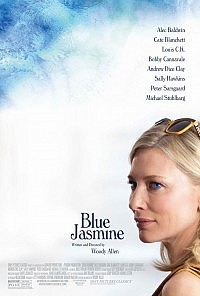
Admittedly, I’ve never been a big Woody Allen fan, but when he’s good he’s great. You’d think that churning out a film a year for 30-plus years might diminish one’s well of inspiration. Not so.
Woody’s latest is his best since Annie Hall. Harnessing the force of nature that is Cate Blanchett, he creates a scathing, tragic and deeply uncomfortable indictment of material privilege and the arguably useless citizens who breathe it. It is a ivory tower of social malaise and idiosyncratic behavioural observations.
Brilliantly modelling the narrative structure off of A Streetcar Named Desire, Blue Jasmine intricately spells the mysterious downfall of an obscenely wealthy socialite and her arduous crawl back to champagne and caviar.
Displaying all the unhinged and demented melancholy of a Tennessee William’s heroine, Blanchett is simply a wracked marvel as Jasmine — her juiciest role since slamming a lecherous Dame Judi Dench into a book case in the equally strong Notes on a Scandal.
Blanchett losing the Oscar for Elizabeth to Gwyneth Paltrow for Shakespeare in Love will forever be one of the most disturbing moments in my life. Fortunately, I think she’s got it in the bag this year.
I simply didn’t want the film to end, and that must make it a masterpiece.






















